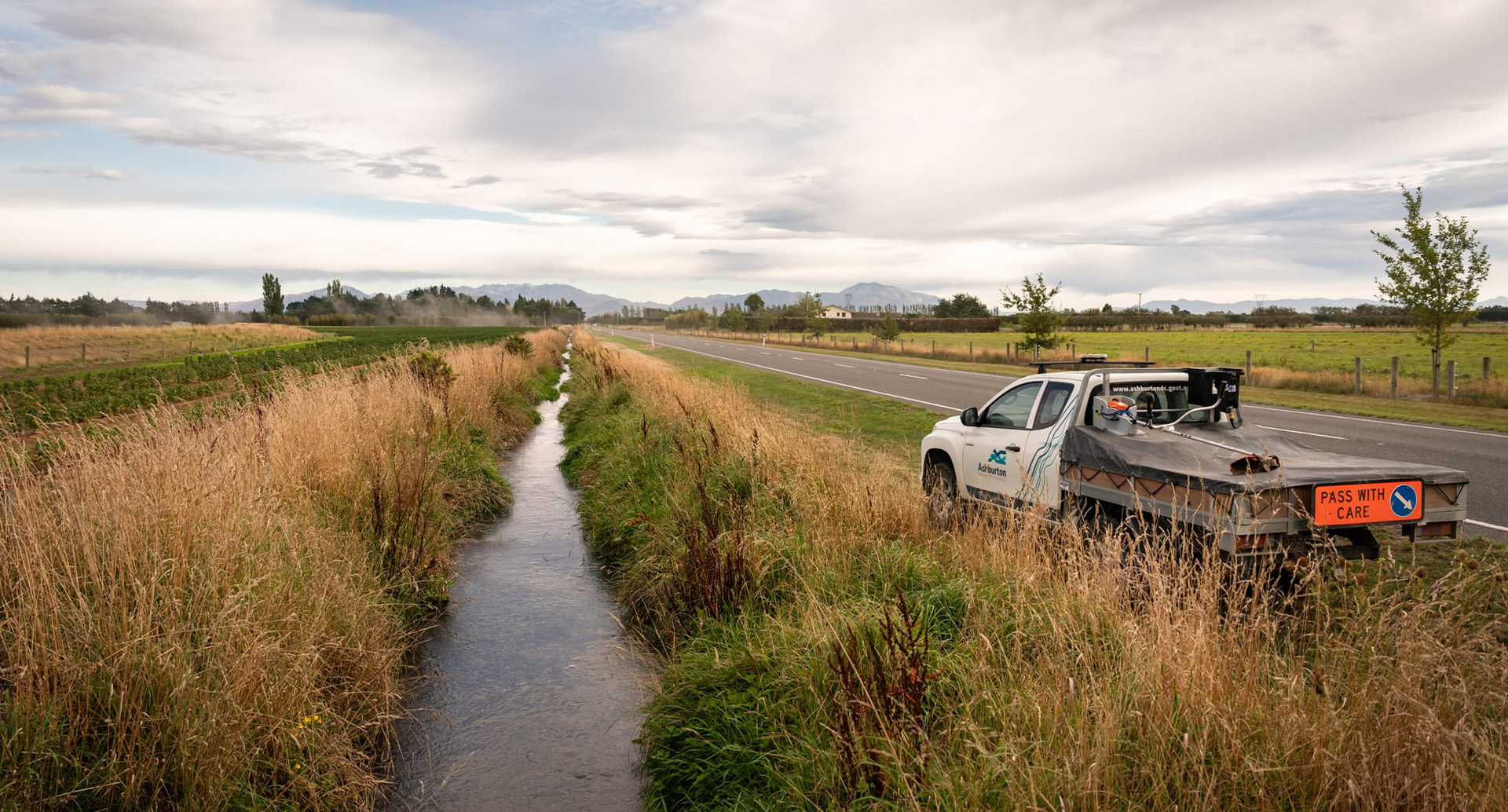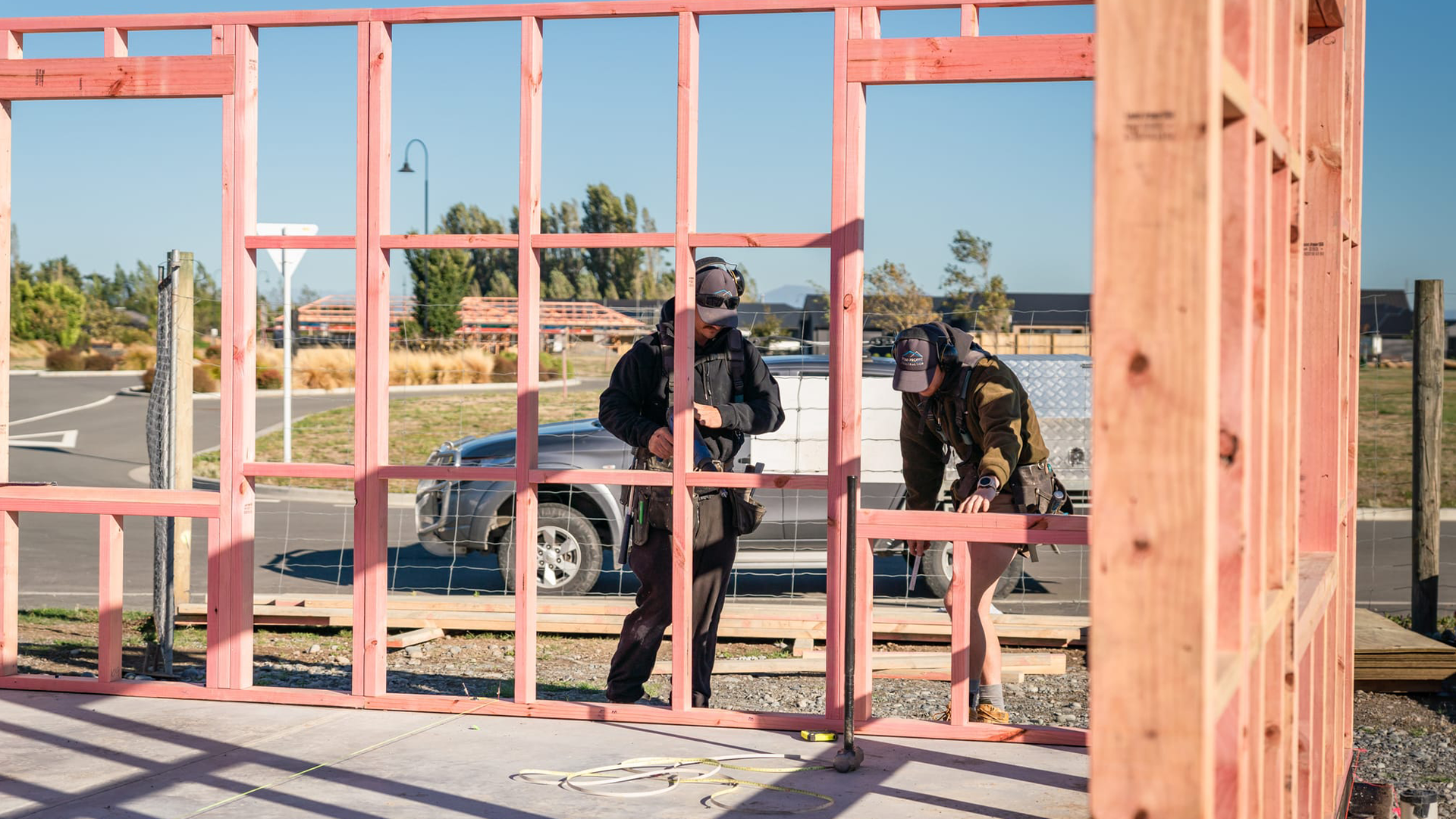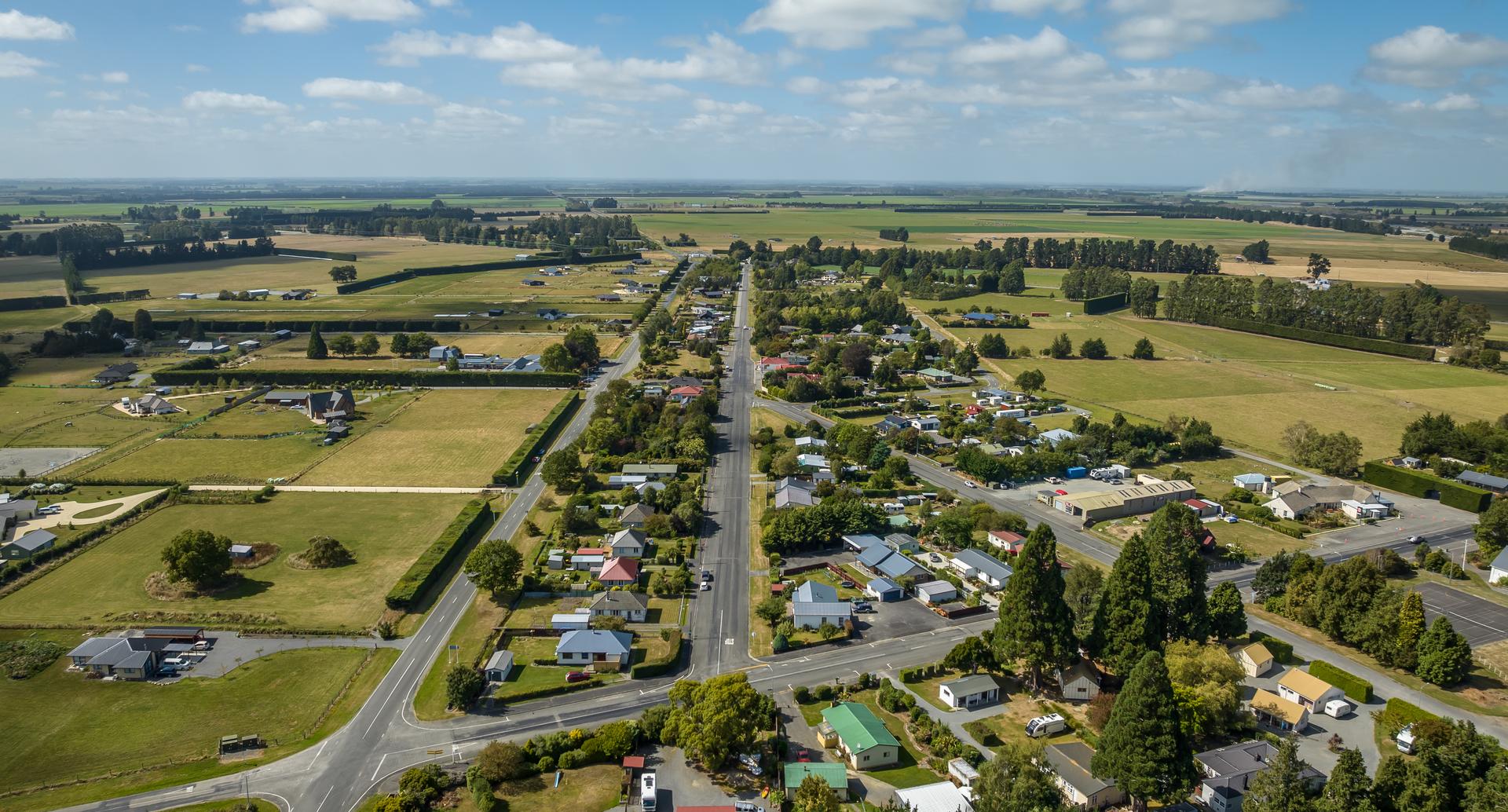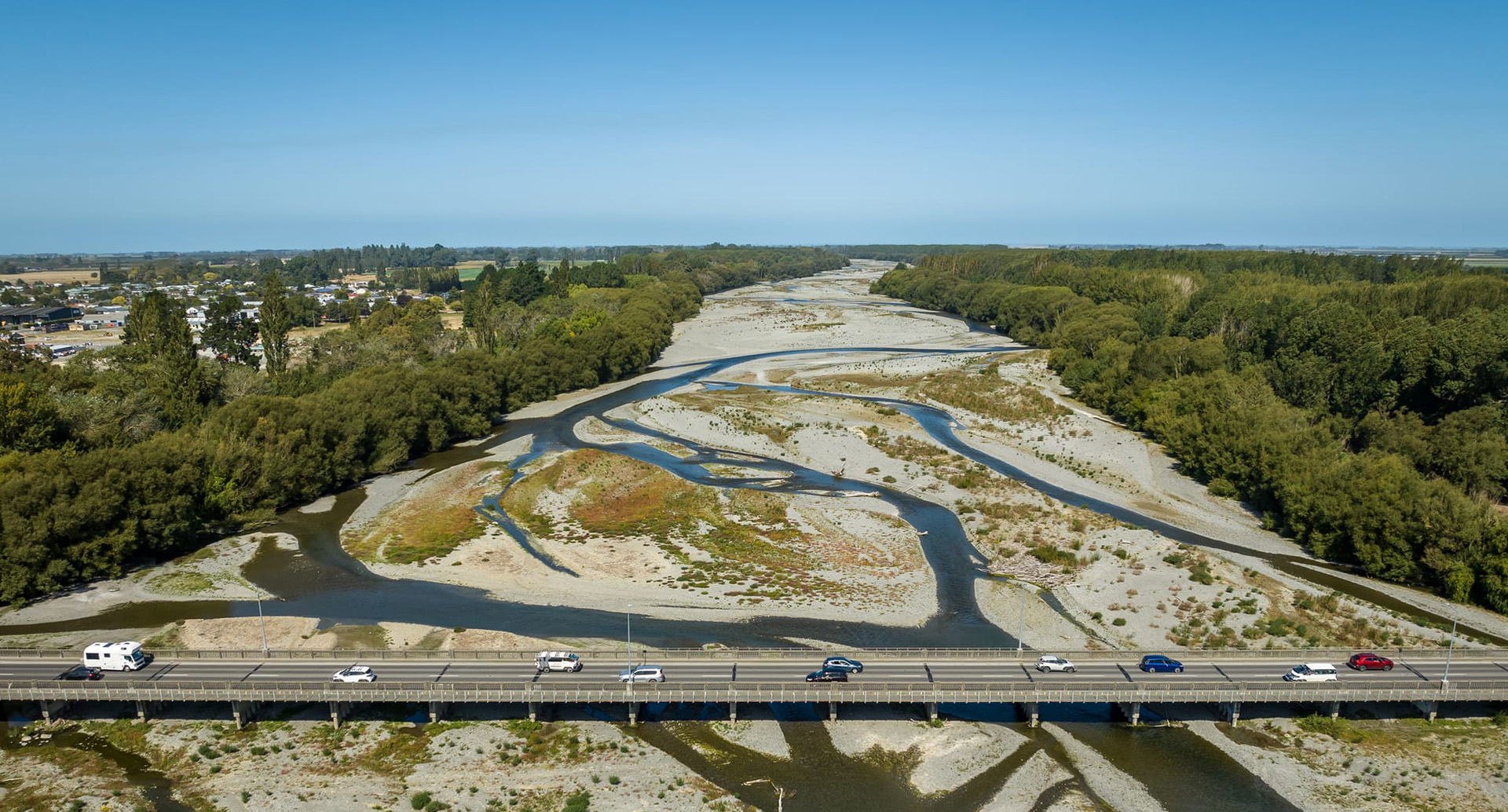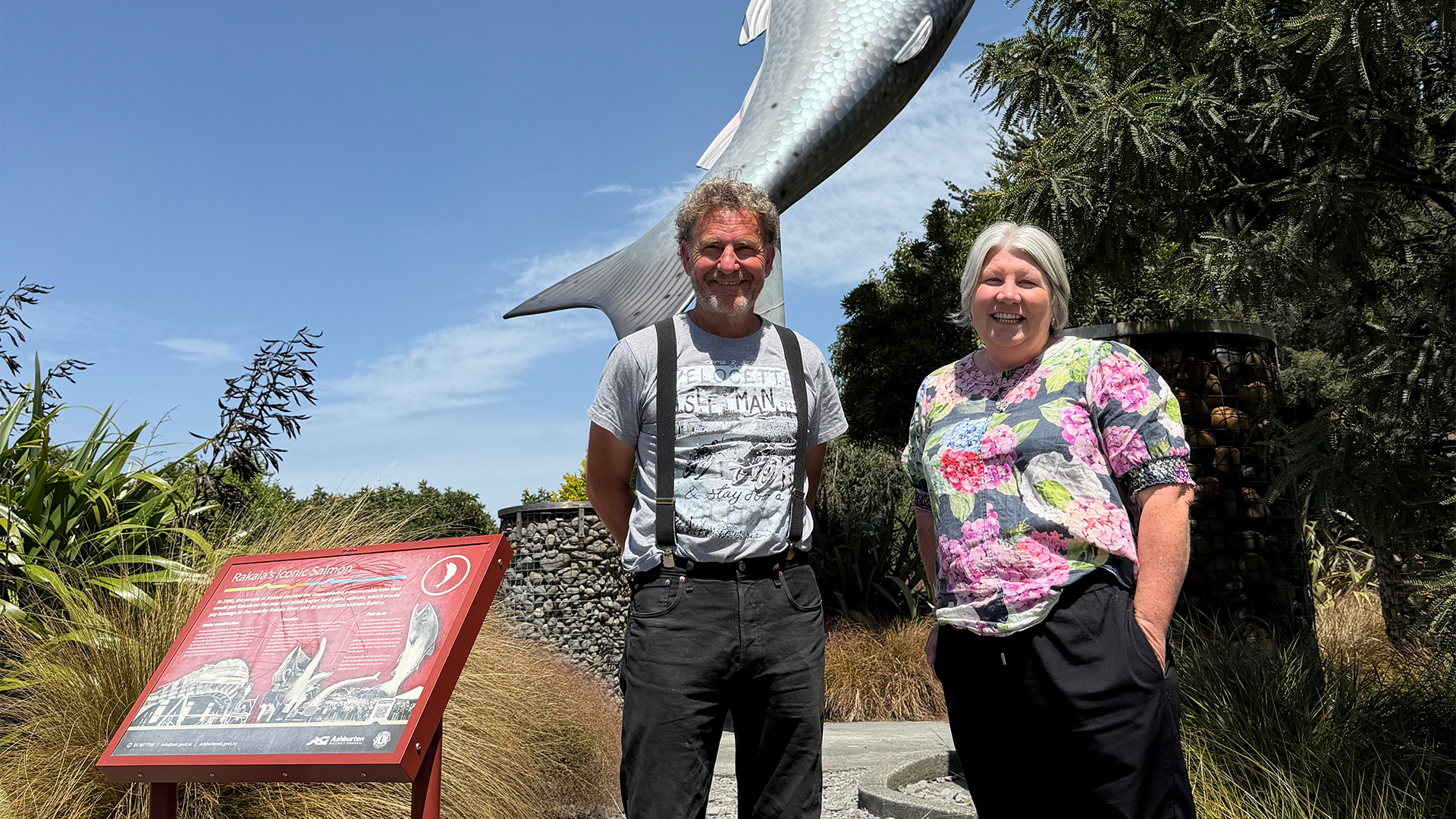CE Hamish Riach: On guard for emergencies

Auckland’s flooding nightmare continues to dominate the news and here in the Ashburton District we can sympathise with people and authorities in our biggest city as they get to grips with the clean-up ahead of them.
Eighteen months ago, we were in a similar position when the Ashburton and Hinds Rivers broke their banks after record rainfall in the alps. Residents were evacuated, our roads were wrecked and the State Highway 1 bridge closed temporarily because of damage to a pier.
Recovery takes time and money, but offers a chance to review and improve.
Emergency management also involves a good amount of readiness, and that is something that’s practised regularly at council – from the civil defence volunteers who come in monthly to check communication equipment is working, to “standing up” an Emergency Operations Centre so people can rehearse their roles in an emergency.
At Council we have three shifts of staff that have volunteered to work around the clock in an Emergency Operations Centre if needed in an emergency. They are trained for their roles, which include co-ordinating the response, working with other agencies like emergency services and Red Cross, and keeping the community well informed.
In New Zealand, nearly all emergency response operates under the Coordinated Management Incident System (CIMS), which was developed from the experiences of first responders dealing with the wildfires of California in the 1970s.
Essentially, it means while each agency has its own job to do, we are able to use CIMS to work well together. Police do their thing (like evacuating houses in the way of a fire), firefighters do their thing (like actually fighting the fire) and others find shelter for people who have been displaced – one organisation will lead and coordinate the response, with others in support.
It is a proven system that works, and can be used for all manner of hazards, from a biosecurity incursion to a public disorder incident or crime and terrorism.
So, we regularly practise our state of readiness and encourage you to do the same. Make sure you have a go bag ready with clothes and medicine needed for three days, and a store of water and food that will sustain your household in the immediate aftermath of an incident.
For situations that present an imminent threat to life or property, the national Emergency Mobile Alert system will be activated and everyone in the affected area (with a compatible phone) can expect to receive an alert.
However, we also encourage you to sign up to Council’s text message alert system, which is another way we can alert the community of important messages, from Civil Defence emergencies to water outages. Simply text your post code to 4196 – it’s free – and you will get key information sent straight to your mobile phone when it’s required.
Unfortunately, as our climate changes, we know we will face more adverse weather in the future – so preparation is key. Our Council website and Facebook are also a source of clear and accurate information in both peace and emergency times. Don’t wait until the next flood to check out our channels.
Share this article
Latest News
Council services over Waitangi weekend 2026
Stockwater Exit: Info session and progress so far
Tips for buying your own home or starting a business
Cr Julie Moffett: Come and watch one of our workshops
Lake Hood Algal control study kicks off
Road Closures
MAYFIELD VALETTA ROAD
from 9 Feb 7:00 to 13 Feb 18:00
DAVID STREET
from 21 Jan 7:00 to 27 Feb 18:00
FITZGERALD ROAD - SEASIDE ROAD
from 15 Mar 8:00 to 15 Mar 20:00
EALING MONTALTO ROAD
from 26 Jan 7:00 to 6 Mar 18:00
FAIRFIELD ROAD
from 26 Jan 7:00 to 31 Mar 18:00
View all Road Closures | Live map

